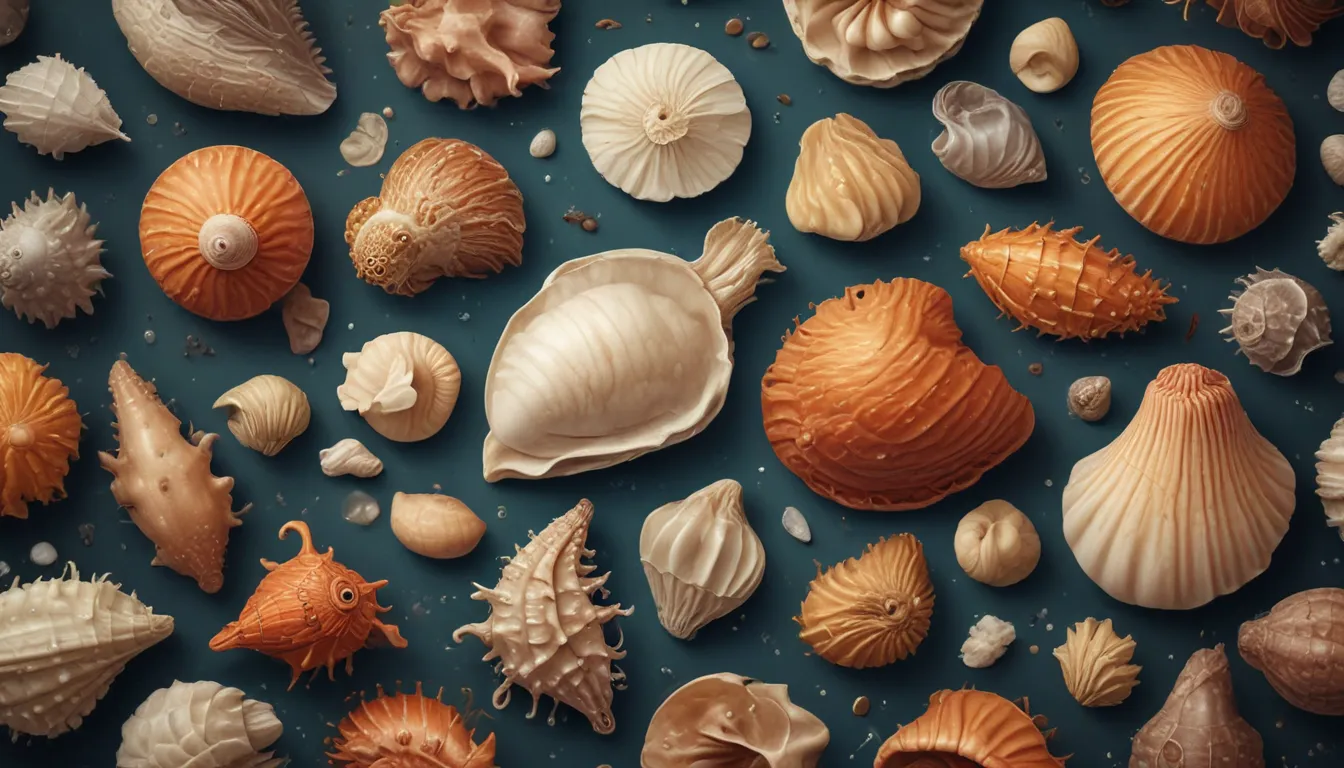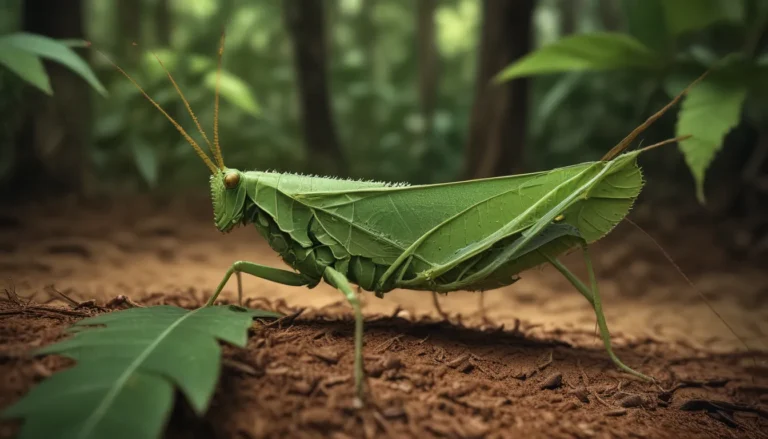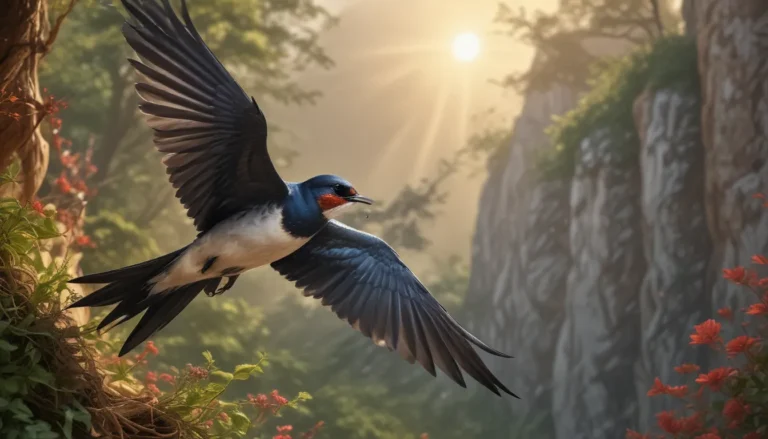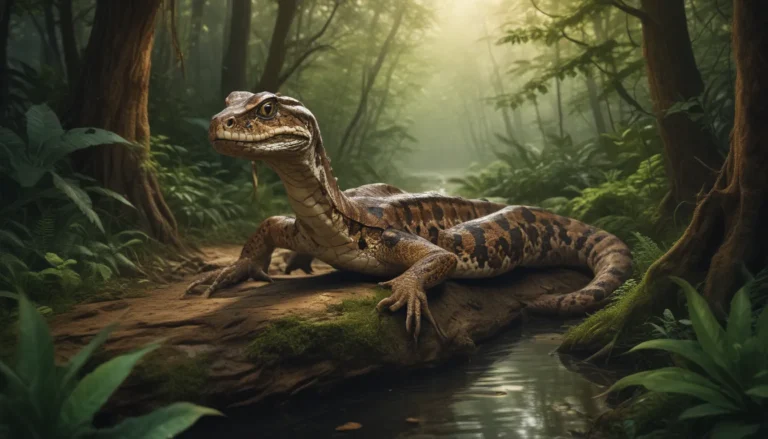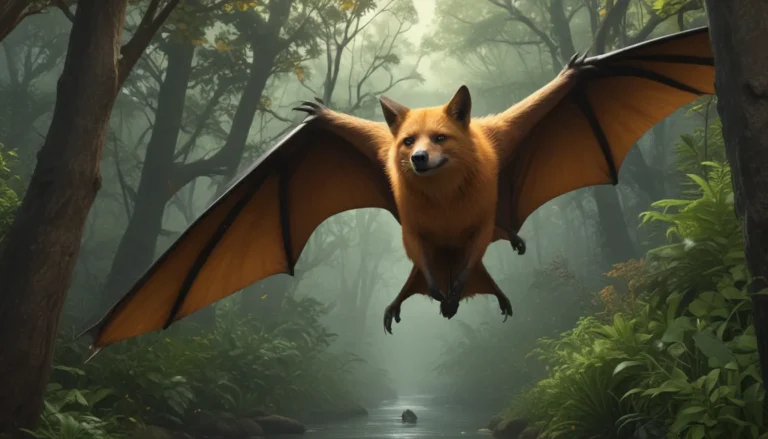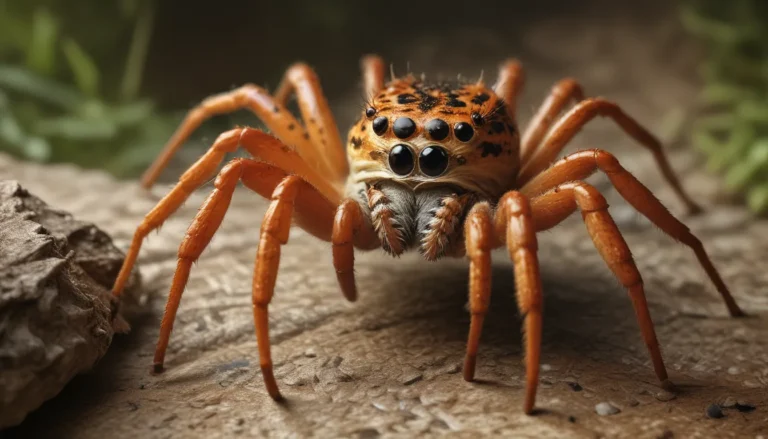The pictures we use in our articles might not show exactly what the words say. We choose these pictures to make you interested in reading more. The pictures work together with the words but don’t take their place. The words still tell you the important facts.
Mollusks, the enchanting creatures of the animal kingdom, have captured the hearts of scientists and nature enthusiasts alike. With over 100,000 known species, mollusks inhabit a vast array of environments, from the ocean depths to freshwater rivers and even land. Their unique adaptations and behaviors make them a captivating subject of study. In this article, we will delve into 11 fun facts about mollusks that are sure to delight and inspire you. Let's embark on a journey into the mesmerizing world of mollusks and uncover some fascinating insights about these extraordinary creatures.
Exploring the Diversity of Mollusks
Mollusks represent a diverse group of invertebrates, including well-known animals such as clams, snails, octopuses, and squids. With over 85,000 identified species, mollusks inhabit both terrestrial and marine environments, making them one of the most varied animal groups on Earth.
Embracing Soft Bodies and Protective Shells
Unlike many other animals, mollusks lack a skeleton or backbone, instead possessing soft bodies often shielded by a hard outer shell. This shell, varying in size, shape, and composition among species, offers protection and structural support.
Witnessing the Hunting Skills of Mollusks
While some mollusks are filter feeders or scavengers, others demonstrate remarkable hunting abilities. Octopuses, for instance, are renowned for their adept camouflage skills and use their tentacles to capture prey. Certain mollusks utilize a specialized radula, a tongue-like organ with rows of teeth, to feed on various food sources.
Unveiling the Secret of Pearl Production
Mollusks exhibit a remarkable ability to produce pearls. When an irritant enters a mollusk's shell, it secretes layers of nacre to coat the irritant, ultimately forming a lustrous pearl over time.
Appreciating the Complexity of Nervous Systems
Mollusks possess a sophisticated nervous system, particularly cephalopods like squids and octopuses. These intelligent creatures boast large brains and well-developed sensory organs, enabling complex behaviors and problem-solving skills.
Recognizing the Role of Mollusks in Ecosystems
Mollusks play a vital role in ecosystems as both food sources for predators and regulators of populations. Their unique defense mechanisms, regenerative capabilities, and stunning colors and patterns contribute to the wonder of the natural world.
Marveling at the Regeneration Abilities of Mollusks
Certain species of mollusks, such as snails and octopuses, possess the remarkable capacity to regenerate lost body parts, aiding in injury recovery and environmental adaptation.
Exploring Unique Defense Mechanisms
Some mollusks have evolved distinctive defense mechanisms for protection against predators. For example, the cone snail injects venom with a harpoon-like tooth, while the sea hare releases a purple ink cloud to confuse and deter threats.
Diving into the World of Mollusk Sizes
From microscopic species to giants like the colossal squid reaching lengths of up to 43 feet, mollusks exhibit a broad size range, making them a captivating subject for observation and study.
Revealing the Ancient Origins of Mollusks
Mollusks boast a long evolutionary history spanning over 500 million years, adapting to changing environments throughout geological epochs and establishing themselves as one of the oldest animal groups on Earth.
Admiring Vibrant Colors and Patterns
Many mollusks showcase vibrant colors and intricate patterns on their shells and bodies, serving various functions from attracting mates to blending in with their surroundings.
Embracing the Wonders of Mollusks
In conclusion, mollusks captivate us with their diverse species, survival strategies, and crucial ecological roles. Whether pondering the colossal size of the giant squid or marveling at the intelligence of octopuses, these creatures never cease to inspire awe. Their beauty, resilience, and intriguing behaviors make them a source of fascination for scientists and nature lovers alike.
FAQs: Exploring More About Mollusks
- How many species of mollusks exist?
-
Approximately 85,000 known species of mollusks have been identified, with an estimated 200,000 additional species awaiting discovery.
-
What is the largest mollusk in the world?
-
The colossal squid claims the title of the largest mollusk, reaching lengths of up to 45 feet and exceeding 1,000 pounds in weight.
-
Do all mollusks possess shells?
-
While many mollusks, such as snails and clams, have shells, others like octopuses and squid have evolved to be shell-less.
-
Can mollusks regenerate lost body parts?
-
Yes, certain mollusks, such as specific octopus species, can regrow lost arms if damaged or severed.
-
Are mollusks intelligent creatures?
-
Yes, some mollusks, especially octopuses, demonstrate high levels of intelligence, displaying problem-solving abilities, rapid learning, and behavioral adaptability.
-
What do mollusks consume as food?
- Mollusks exhibit diverse feeding habits depending on the species, with some being filter feeders like mussels, while others are carnivorous like the cone snail.
Concluding Thoughts
Mollusks enchant us with their intricate characteristics, unique adaptations, and valuable ecological contributions. As we admire these fascinating creatures in their natural habitats, let us take a moment to appreciate the marvels of the mollusk world. Their presence enriches our understanding of the animal kingdom and reminds us of the beauty and wonder that surround us.
Was this article helpful? Our dedication to delivering accurate and engaging content hinges on the contributions of real users like you. Every fact shared on our platform undergoes meticulous review by our devoted editors to ensure credibility and authenticity. Trust in our commitment to quality and reliability as we continue to explore and learn together.
